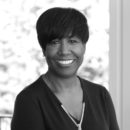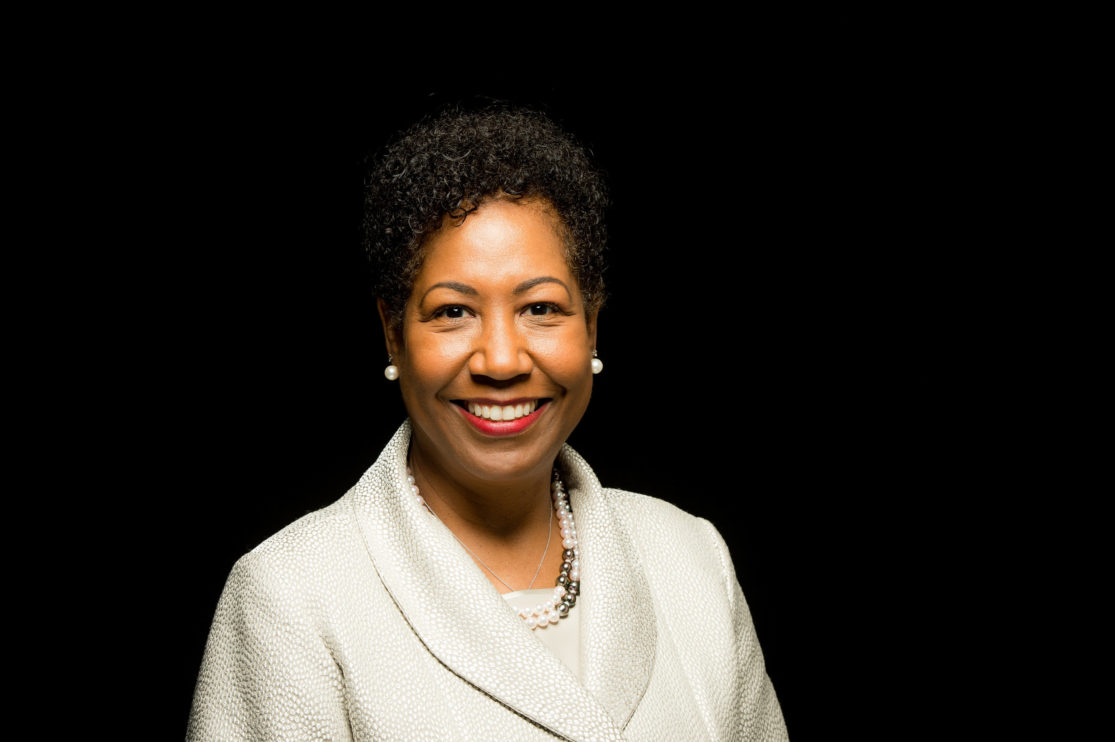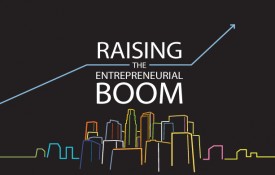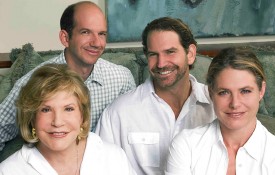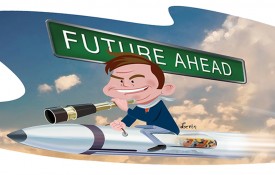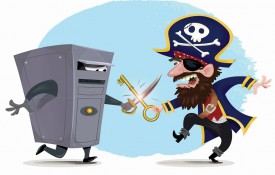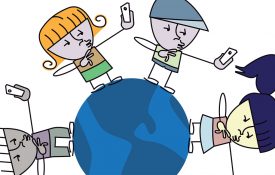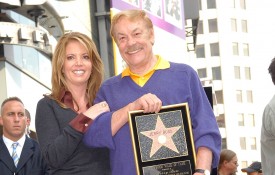In a majority white elementary school, I was elected sixth-grade class president.
I grew up in a segregated Richmond, Virginia. I was surrounded by parents who were very supportive. My grandparents lived next door.
One of the most impactful things that made me somewhat fearless was the fact that, in 1966, the segregation of schools was ending. The first year was voluntary and the second year we would be an integrated school system. My parents decided that my brother and I would go off to a so-called white school. At that time there was still a lot of turmoil going on. I couldn’t understand at 8 years old, going into third grade, why my parents were doing this to me. What I realize looking back on that year is that I was uncomfortable; it was a hard thing to do.
But going through that sense of discomfort, I found courage and strength and created an environment where, the next year, when the next group of kids came along, it was a little easier for them because they knew someone had walked before them. It made me really appreciate what it takes to be the first, what it takes to persevere when you have to be the trailblazer.
I find comfort in being uncomfortable because I know things are going to change, but I’m in a place where, maybe, I can make something better. That has fueled me to be able to step into careers where I didn’t know what I was going to do—just allow things to unfold and keep centered on the things that are important to me.
On Valuing Respect
You treat people like you want to be treated.
This was an expectation my parents always said we were to live by. If you ever disrespected someone, you could expect to be called on that. Taking that mindset into what I thought might have been a hostile situation, I found that that attitude really did carry the day. I anchored that in, and in sixth grade, in a majority white elementary school, I was elected sixth-grade class president. That wasn’t because all the Black kids voted for me; it was because kids voted for me. They saw me as someone who could be a leader for the sixth grade. I reached that milestone by walking through it and building up courage and capabilities.
Early in my career in manufacturing, I dealt with engineers who had a very important role to play in making products work. I would go to them with an idea and they would tell me all the ways it wasn’t going to work.They would blow me off. So I would come up with another idea with my team and I would go to engineering and try to get them to work with us. Again, I’d get dismissed. I thought, what is going on here? What’s in the way?
I had a chat with the engineering leader for some pointers on how I might be able to bring some ideas to engineering and stop getting no’s. That simple act led to mutual appreciation. The next time I went to the engineers with an idea I said, “Before you say anything, I just need you to hear me and be open-minded. And let’s see if, out of this, I can go back to the team with some suggestions from you.” I got results.
I distinguish pressure from stress. Stress tells you that you have not managed something in a way that keeps it workable. But, for me, pressure is good. I have a keen sense of knowing when I can’t see how I’m going to get to the end of where I’m trying to go, and I have to change my effort, my tactics, my resources, change something before pressure turns into stress.
Be OK with that pressure, with that discomfort. It’s part of my nature. It’s lessons waiting to be learned. Be a lifelong learner and you can just keep getting better.
Adriane Brown is the former President and CEO of Honeywell Transportation Systems. She is currently a Managing Partner at Flying Fish Partners, a venture firm focused on AI and machine learning solutions. Read more of her story on TheLesson.com.






































